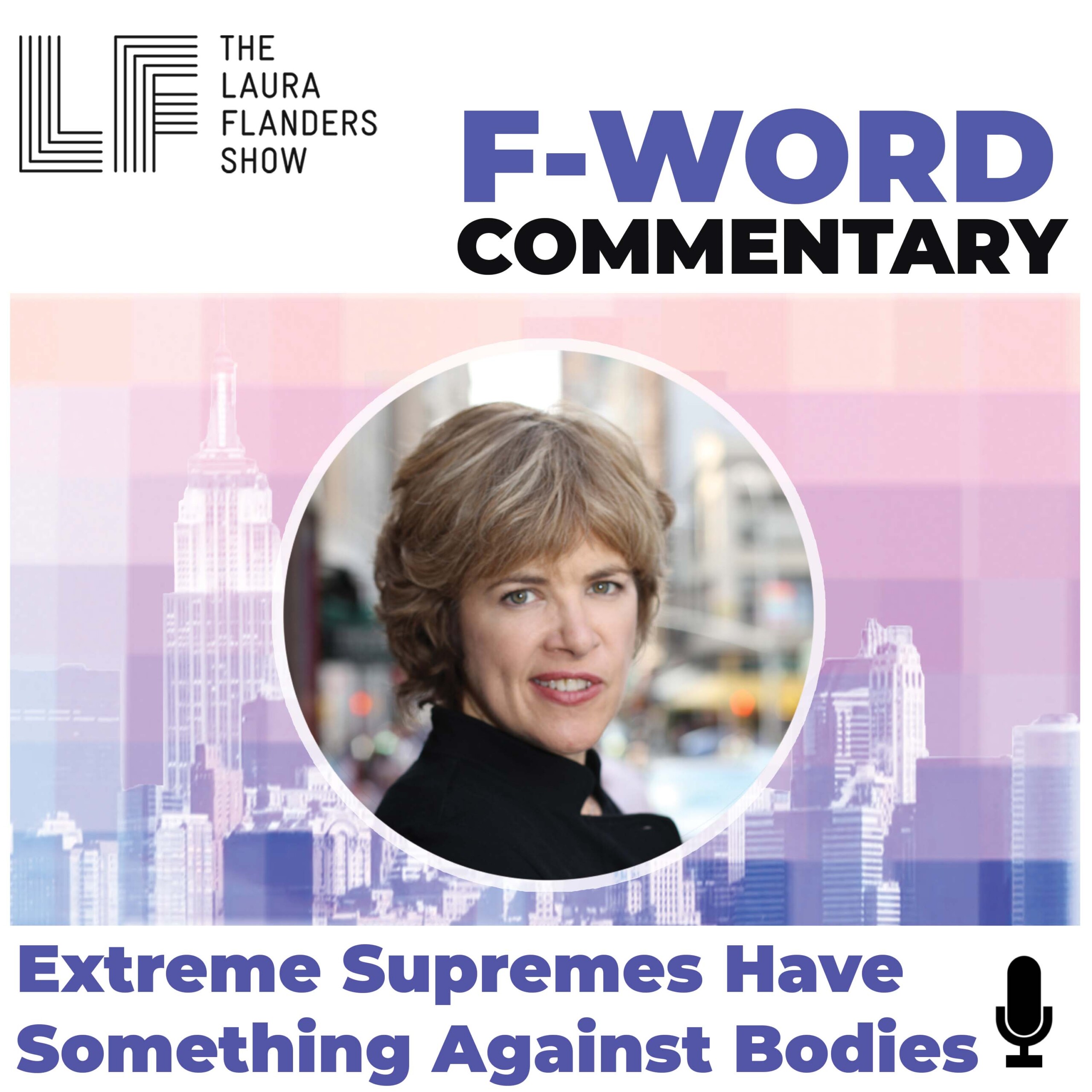Subscribe to our podcast to listen on your favorite podcast platform.
“Tribal governments can do what states and the federal government cannot.” That comment, from Wes Martel of the Greater Yellowstone Coalition gave me comfort last month.
In the days after the Supreme Court’s decision in Dobbs, okaying the criminalizing of abortion, I wondered if tribes could set up clinics like casinos, and provide abortion services where others could not.
I wasn’t the only non-Indigenous woman to have that idea, and we were all quickly set straight by our Indigenous sisters who pointed out that clinics aren’t cash cows like casinos, and they’re unlikely to spring up on tribal lands for all sorts of reasons, some political and cultural, many economic.
After Dobbs came the court’s verdict against the EPA, striking down that agency’s ability to limit pollution. The decision scuttles our Environmental Protection Agency’s ability to do much of anything to protect the environment, and by extension, any public agency’s ability to serve the public without detailed instruction from Congress.
Could tribal governments be the last line of defense for people and the planet?
Before I could even consider that question, I read Oklahoma v. Castro-Huerta, yet another momentous decision from the extreme Supremes, this one aimed directly at tribal sovereignty.
“Indian country is part of the state, not separate from the state,” wrote Justice Kavanaugh, in a majority opinion that overturns the law on reservations across the country.
If Dobbs returns states like Texas to the Jim Crow days of the 1920s and the EPA case unravels how the government has worked since Roosevelt, Castro-Huerta takes tribes back to the Trail of Tears. Not content with rolling back one century, in Castro-Huerta the court takes us back two,to the 1830s and tribal jurisdiction law that’s been precedent since Chief Justice John Marshall.
Birth, earth, Indigenous rule, even the “demos” of government itself . . . Kavanaugh and his crew seem to have something against bodies they can’t control, be they human or governmental. The woman who accused him of abuse, Christine Blasey Ford, might have some thoughts on that. Anita Hill might, too.
In the meantime, welcome to the new, old world of conquest and colonizers. Shall we cancel the July 4th holiday for next year?
You can watch my interview, with Wes Martel of the Eastern Shoshone and the Greater Yellowstone Coalition, about Indigenous stewardship of the park, on the Laura Flanders Showon close to 300 PBS stations nationwide, or on Youtube. Or subscribe to the free podcast. All the information is at lauraflanders.org.














